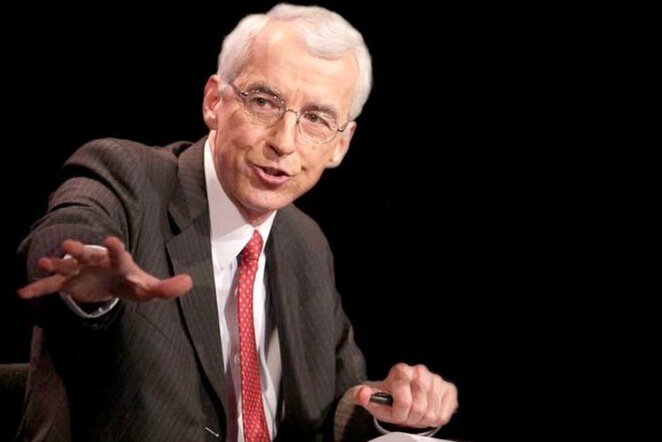TEHRAN(Bazaar) – Professor Paul Pillar, who was CIA intelligence analyst for 28 years, says “Both the Iranian and U.S. sides will have great difficulty backing down from their previous positions. Neither one will want to be seen making concessions if the other side has not made a concession first.”
He adds that “The idea of time running out for Iran has been a theme not only of Germany but of others in the P5+1.”
Following is the text of the Bazaar interview with Professor Paul Pillar:
Bazaar: The first meeting of the seventh round of Vienna talks came to an end while waiting for an agreement was unlikely. But in the last few days, following the second meeting, positive news of the continuation of the negotiation process was reported, and Josep Borrell also made positive statements. What was the reason for the change of positions in the last week?
Pillar: I don't think there has been a change of position among the non-Iranian parties in the course of the week. Different bits of rhetoric issued by different spokespersons at different times serve different purposes. Mr. Borrell has an interest in not having the European Union or others give up hope on restoring the JCPOA, so he felt the need to say something positive. But there still was much reason to be pessimistic in light of the hardline position that the Iranian delegation brought to this round of the talks.
Bazaar: How do you assess the role of Russia and China in the recent negotiations and to what extent are they effective in sharing the views of the other (western) side with Iran?
Pillar: If there is any compromise formula to be found that will save the talks, the roles of Russia and China will be critical in proposing such a formula. Both the Iranian and U.S. sides will have great difficulty backing down from their previous positions. Neither one will want to be seen making concessions if the other side has not made a concession first. But if someone like Russia can make a realistic proposal, then Iran and the United States could sign on to such a proposal without it appearing to be a unilateral concession.
Bazaar: IAEA Director Grossi, has announced that he is seeking an agreement with Iran to reinstall its cameras at the Karaj facility. He said that not knowing what was going on at the Karaj facility would prevent us from informing the negotiators in Vienna. What is your assessment of his words?
Pillar: That situation apparently has now been resolved, with the announcement of an agreement to replace the cameras. Perhaps part of the motivation for Iranian movement on that issue at this time was the threat of being condemned at an IAEA Board of Governors meeting next week if an agreement had not been reached. The cameras are needed for monitoring of activity at a facility that can manufacture advanced centrifuges/
Bazaar: Despite some statements by European officials that the negotiation process is reasonable, Germany has stated that there is no progress in the Vienna talks and that time is running out for Iran. What is the reason for Germany's strict issue? Given the rise to power of the new party in Germany, which is more opposed to Iran, how do you assess Germany's position in the continuation of the negotiations?
Pillar: I do not believe that party politics in Germany has much, if anything, to do with this. The idea of time running out for Iran has been a theme not only of Germany but of others in the P5+1.
















نظر شما